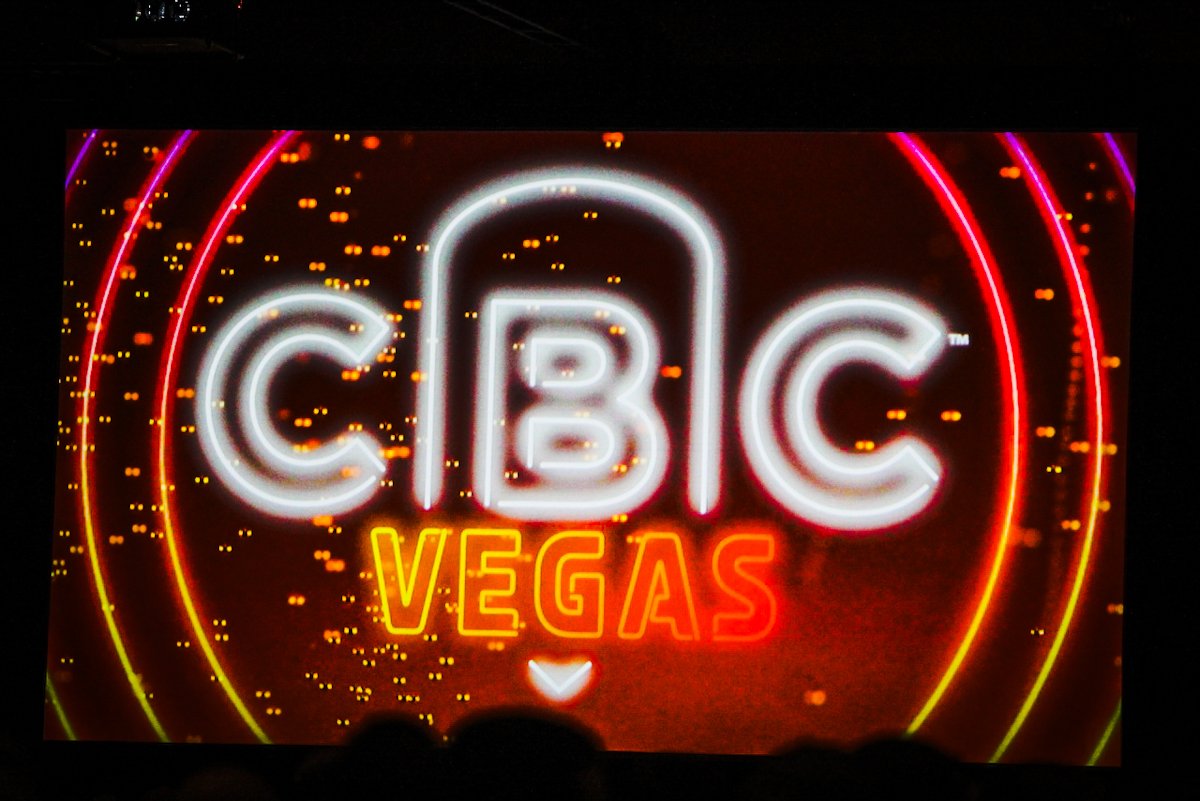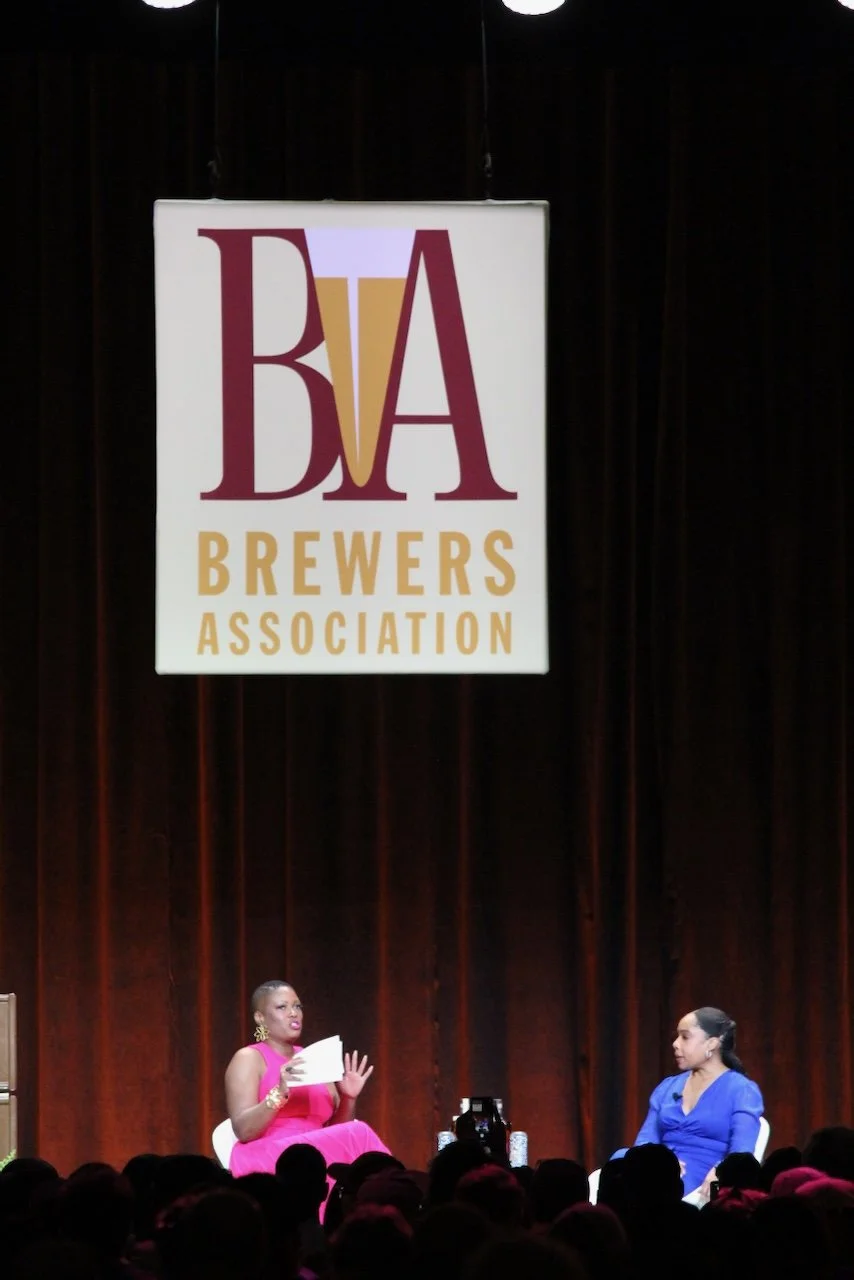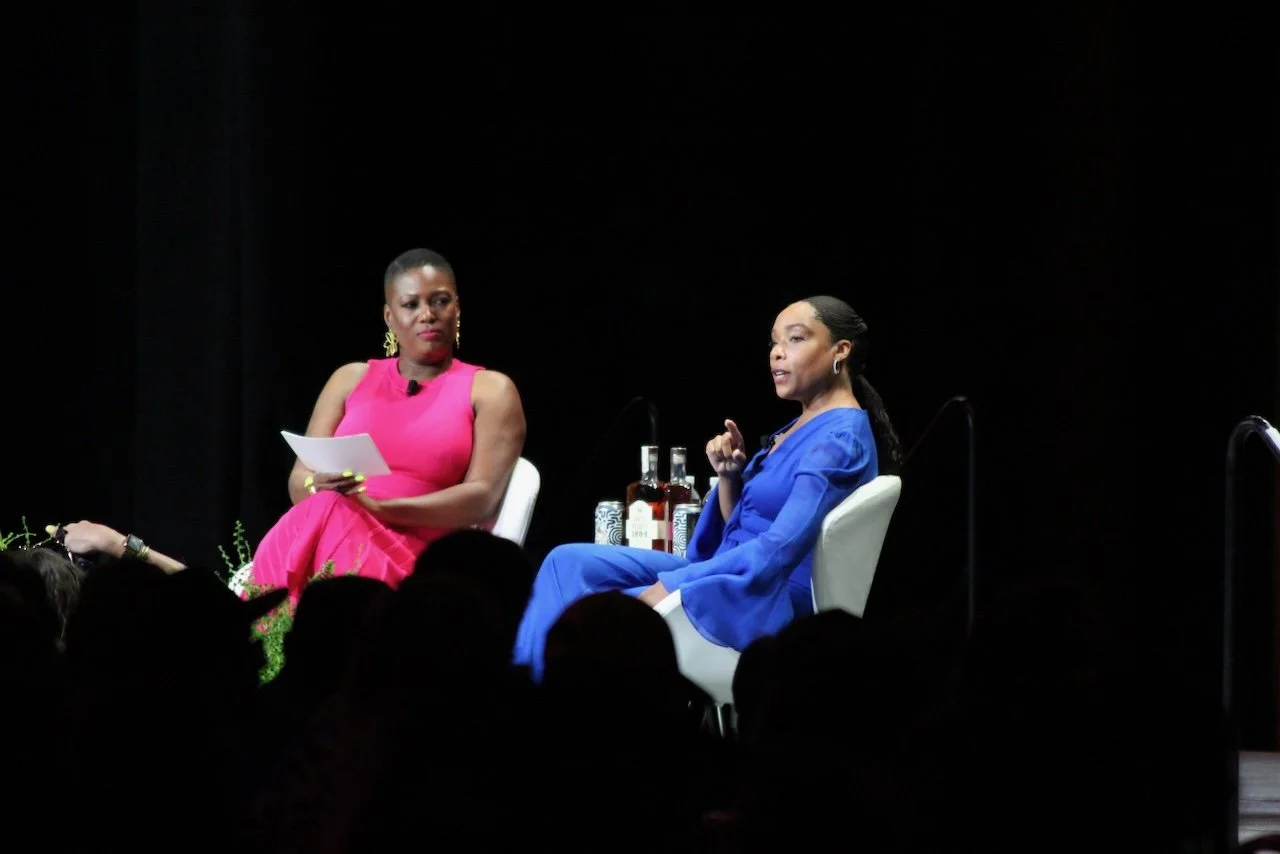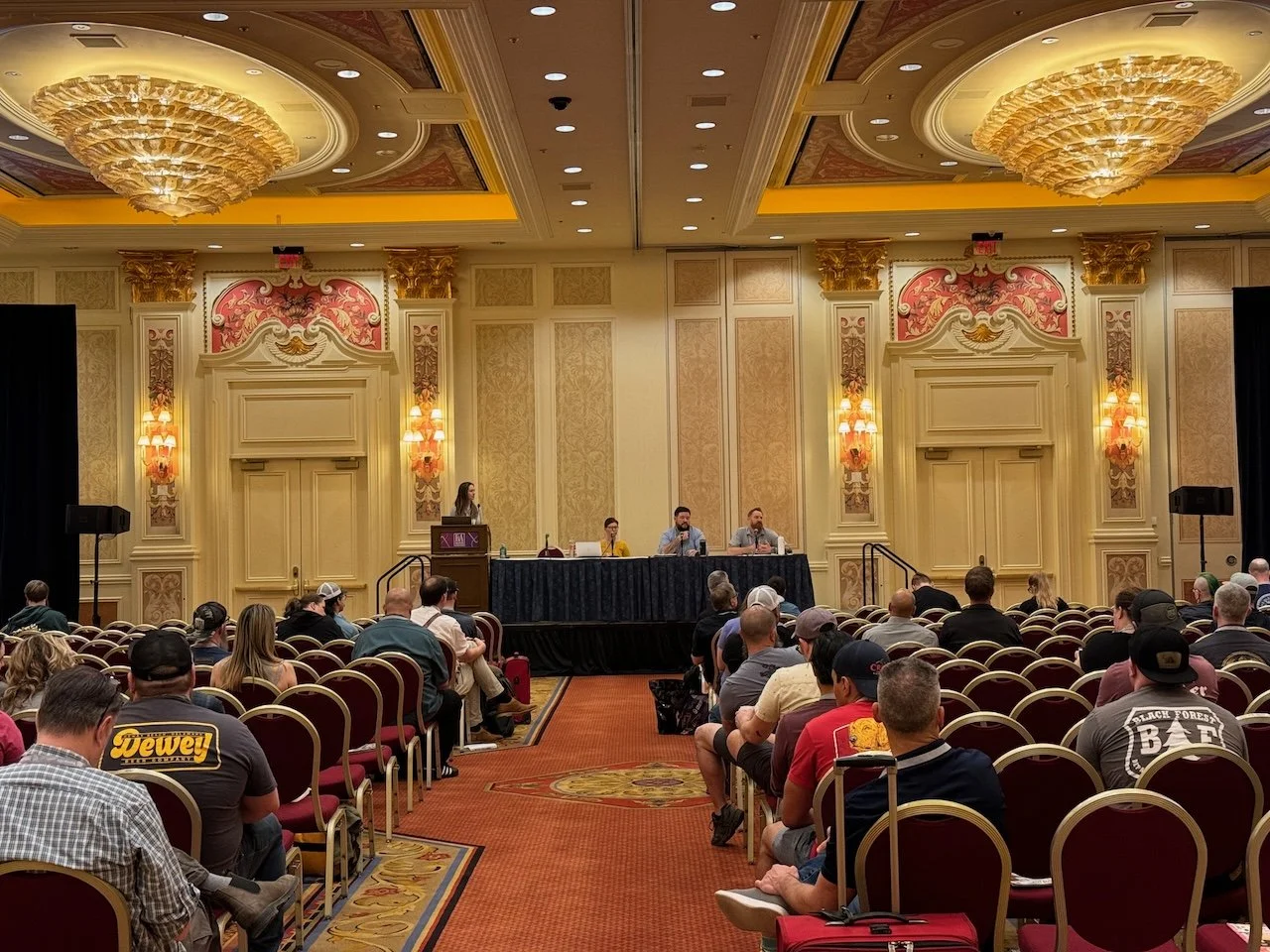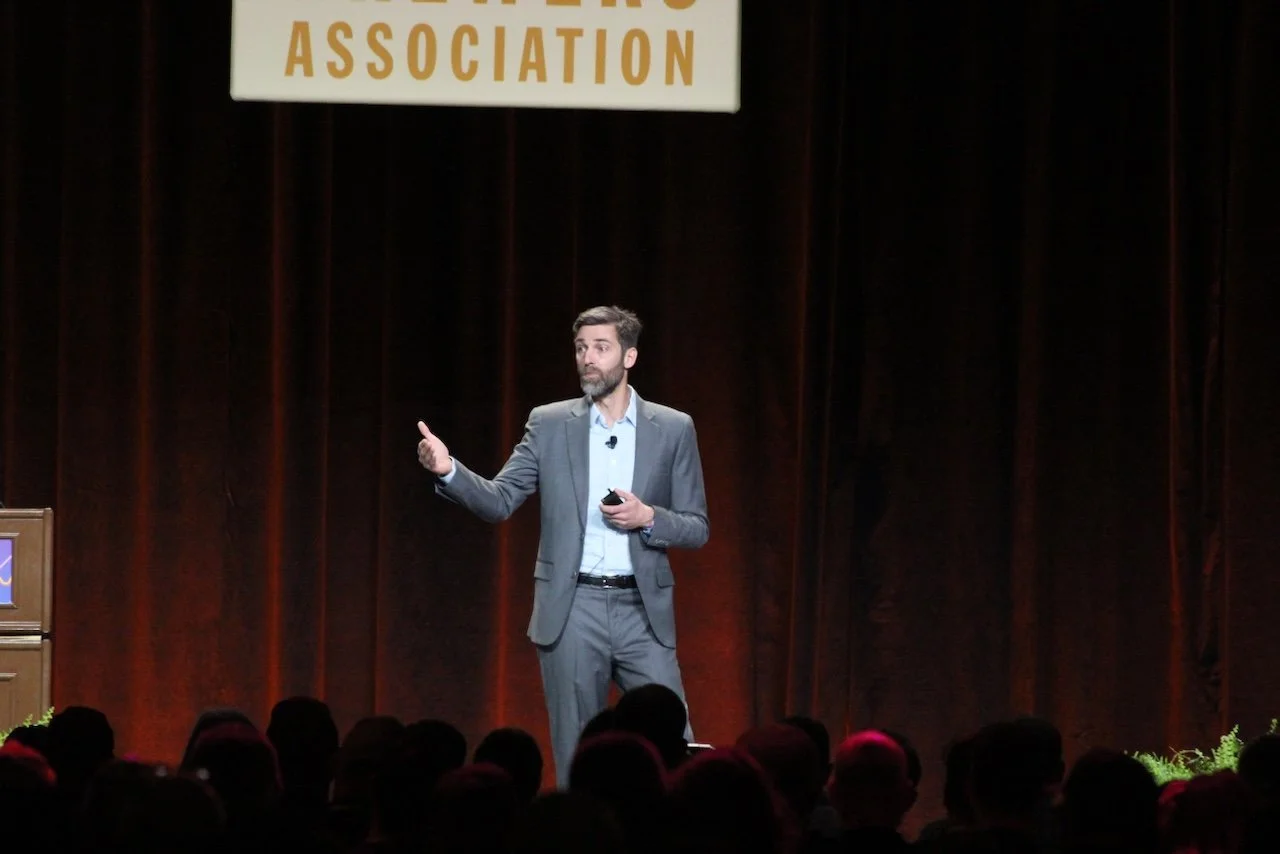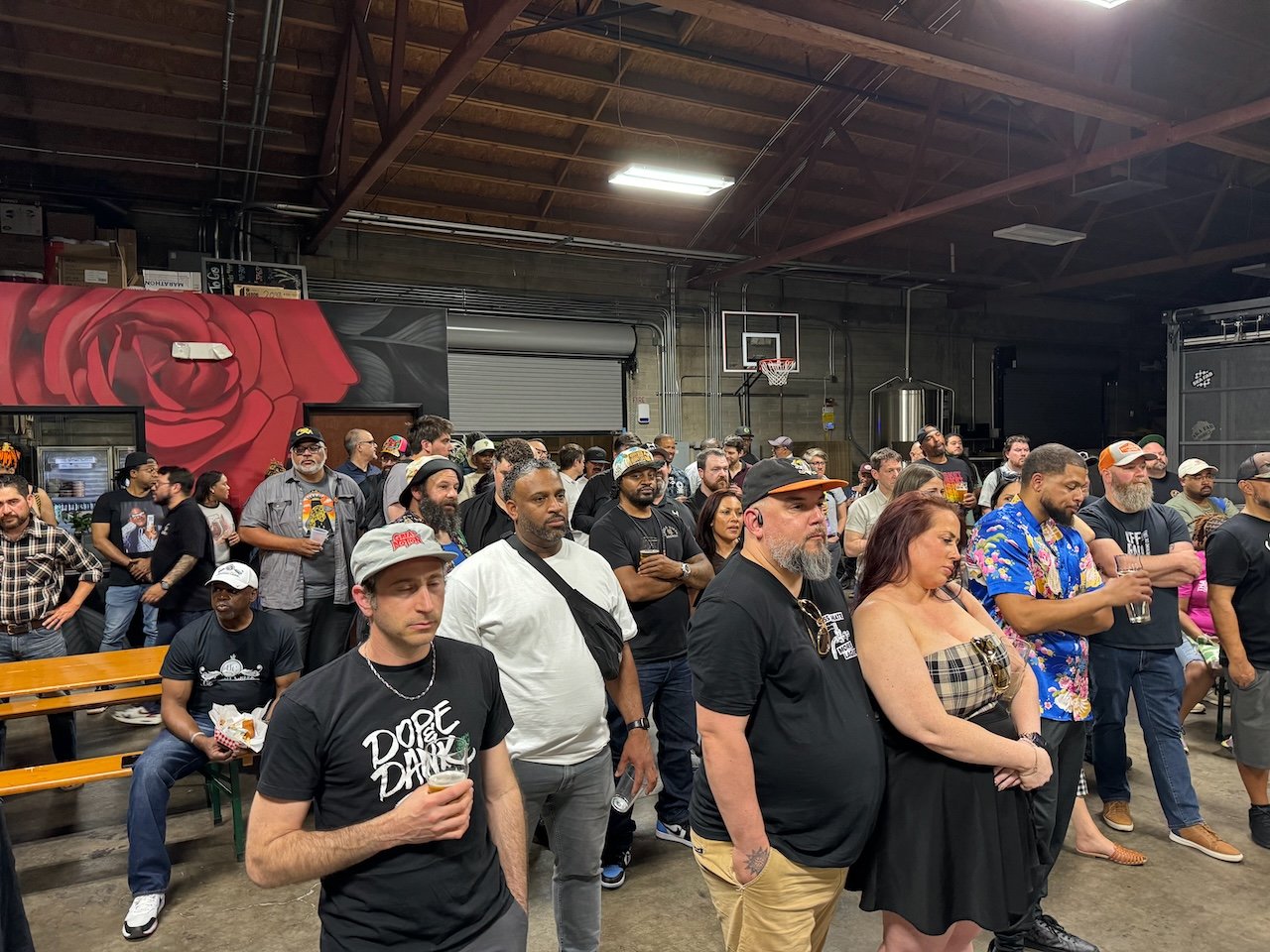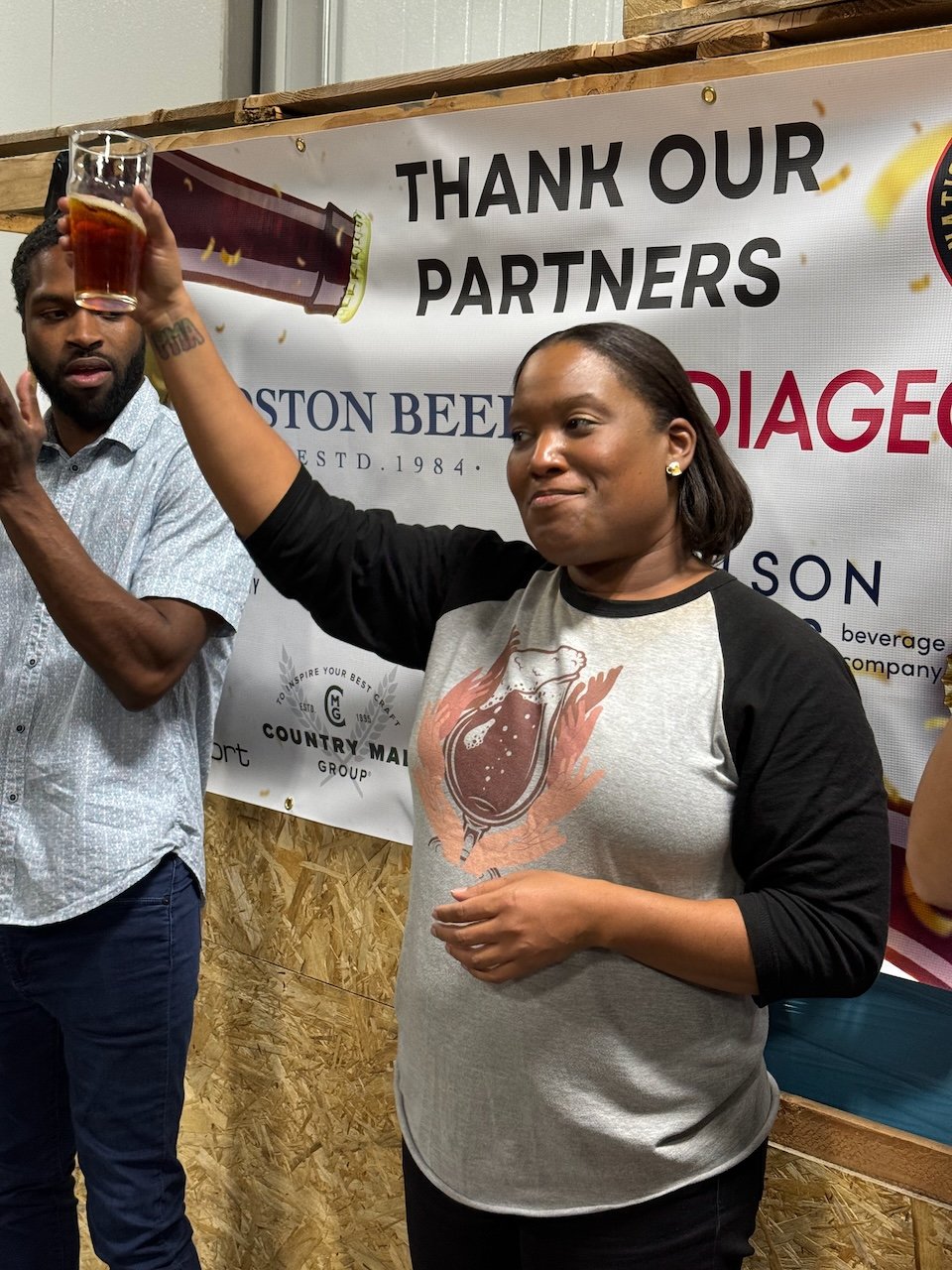A recap of the 2024 Craft Brewers Conference in Las Vegas
The 2024 Craft Brewers Conference in Las Vegas takes place during a tumultuous time for the craft beer industry: Sales are down, costs are up, people are drinking less alcohol, and Gen Z by-and-large apparently prefers other types of beverages. However, as Brewers Association Chief Economist Bart Watson pointed out during his state of the industry address, the news isn’t all doom and gloom – after a period of rapid growth and adoption from 2006-2016, the industry went through a period of incremental growth through the beginning of 2020, and then COVID hit. The post-COVID landscape is a challenging one, but it’s not without optimism, and this is where themes of innovation, authenticity, adaptation, sophistication, sustainability, and collaborative partnerships emerged throughout the conference. There are many potential paths to take during CBC, including those that delve into extremely technical aspects of the beer industry, but this particular recap focuses on more high-level consumer-centric and business issues versus getting too much in the weeds.
Opening up the conference, Crowns & Hops CEO Beny Ashburn sat down with keynote speaker Fawn Weaver and delved into the uncertainty of entrepreneurship and outlined Fawn’s incredible success story as founder and CEO of Uncle Nearest Whiskey. By focusing on the quality of the product and staying true to the authenticity of herself and the brand, Fawn’s radical decision making and creative ways to address changing consumer preferences resulted in Uncle Nearest becoming the fastest-growing whiskey brand in U.S. history as well as the most awarded of 2019, 2020, and 2021. Over the course of the discussion, Beny & Fawn provided valuable insights that resonate in this new beer world – although the days of opening up a brewery and expecting easy success are over, those that focus on quality, authenticity, and continuous, positive, consumer engagement can still grow and thrive.
Continuing the consumer engagement thread in more detail, speakers Michael Marquess and Dylan Prater of Mother Road Brewing presented on the topic of creating culture with radical hospitality, with the ultimate goal of curating a “third place” for guests. By focusing on the aspects of genuine crew friendliness, asking the right questions of guests, attentive and respectful service, and maintaining a welcoming space, guests become involved regulars, old friends can meet and new ones are made. This is especially relevant in the post-COVID/modern era where our worst tendencies to stay isolated and look at screens all day are all too easy to fall into.
One excellent example of “third place” radical hospitality emerged in Las Vegas itself over the course of the week at The Silver Stamp. Decked out in old-school beer memorabilia and Christmas lights with a touch of a dive-bar vibe, just about anyone can walk in there and feel comfortable. The staff are immediately welcoming, imminently friendly, and extremely knowledgeable. Over the course of the conference, they executed multiple packed-house events, including Zwanze Day (the first ever in Las Vegas), a Milk the Funk bottle share, and several other industry gatherings like seasoned pros. Even their door guy doing security treated people like family. Not that Las Vegas is known as a destination beer scene, but The Silver Stamp is a world-class establishment and should be on every beer geek’s list.
Back to the conference, other topics on day one included consumer-centric craft beer analytics, navigating responsible consumption in the beverage industry, brewery resiliency and planning, factors shaping present and future drinking trends, and legal and legislative updates. Although each of these could be a detailed article itself, on the last item - just know that we are very fortunate here in Oregon with the current status of beer distribution and direct to consumer shipping recently opened up by the OLCC settlement with Washington breweries last year. The Brewers Association is certainly advocating for their members, but this kind of change typically takes the form of hard fought legislative action to change antiquated laws and restrictions versus the litigation that gave both Washington brewers and Oregon consumers a huge win.
Day two started out with industry awards and included Mentor of the Year Award recipient, Laura Lodge, F.X. Matt Defense of the Industry Award recipient, Eric Orlando, Brewers Association Recognition Award recipient John Pinkerton, and the Russell Schehrer Award recipient, and Oregon’s own, Tonya Cornett (https://www.youtube.com/watch?v=T0VJ1e7DbQU). It’s no secret that one of Tonya’s many notable innovative accomplishments includes pioneering kettle sours in the U.S., and as the 2024 World Beer Cup Awards made crystal clear, she’s still brewing them at the very highest level, completing an incredibly rare category sweep for German-Style Sour Ales with a Bronze for Baywindow, Silver for Riviera, and gold for German Sparkle Party (we’re crossing our fingers for a triumphant return of this one in larger production as the weather gets warmer).
Following the awards, BA Chief Economist Bart Watson presented a state of the industry address highlighting economic trends over the past year. The bottom line: it’s a challenging time to be in craft beer. Growth does still exist, but it’s tougher to come by than it used to be. In order to thrive, just about everyone needs a social media presence, and regular brewery/taproom events bringing in diverse crowds with varying interests, among many other things. Demand for alcohol is down, competition among all beverage categories is up along with costs, and there is a growing demonization of alcohol, resulting in fewer new brands, reduced craft production, and almost as many closings (418) as openings (495) over the past year. One interesting comparative statistic along those lines that points to the craft beer industry maturing – those numbers track with general leisure and hospitality opens/closes over the last decade. You can check out all the slides from Bart Watson’s address here.
Continuing the innovation theme, Tonya spoke along with other industry all-stars Natalie Rose Baldwin (Wayfinder), Megan Parisi (Sam Adams), and Kelly McKnight (New Belgium) on what innovation means and how it can help business. Each of them broke down their brewery’s process from initial idea package and release including dealing with risk assessment, recipe design, ingredient sourcing, marketing efforts, branding, test brewing, equipment modifications, QA, scaling, and sales. As you can imagine, different breweries, especially those of largely varying sizes and approaches, do not handle things the same way. Then each presented a case study with a specific beer, providing a fascinating look into how some of the best in the business create delicious products.
Other seminars on day two included sustainability & innovation case studies on reducing and reusing CO2, water, and nitrogen waste, sustainable solutions in glass packaging, team beer education, digital marketing mastery, taproom atmosphere, and many, many others. It’s impossible to hit everything, so the move for breweries looking to take away as much as possible from the conference is to bring multiple people to divide and conquer.
Among Tuesday’s evening activities, the National Black Brewers Association (NB2A) tap takeover at BeerZombies featured a fireside chat with Marcus Baskerville (Weathered Souls head brewer & co-owner and Black is Beautiful creator) and Chris Jacobs (Beer Zombies owner) discussing meaningful collaboration in the beer industry and its impact, multiple beers on draft from 10 NB2A brewers, and highlighted several ongoing projects with the goals of promoting the black brewing community, increasing the number of African Americans in the brewing industry at all levels of production (especially ownership and brewmaster), exercising political influence by developing and advocating for effective policy, and fostering understanding about the history and legacy of African American brewing in the United states. We’ll have much more detail on this event, the NB2A, and their initiatives in an upcoming article.
On to day three, seminars included presentations on authenticity in branding, engaging brewery staff and customers through beer education, self-distribution and sales, brewing with climate-friendly regenerative ingredients, non and low alcohol product development, selecting quality hops with Von Ebert’s Sam Pecoraro, tasting and creating: messages from the science, and direct to consumer shipping. Highlights included Garrett Oliver’s discussion of Fonio and Kernza as regenerative grains combined with Bart Watson’s analysis of Gen Z’s preferences spending money on environmentally conscious products and brands, how taproom education is critical to earning and keeping loyal customers, different brewery takes on hop selection process and timing, and how our brains process smell, taste, and how it can be trained and tricked.
Beyond the educational aspects of CBC, a multitude of hospitality lounges give attendees a chance to sample the latest hop varieties, adjuncts, learn about the latest technological innovations in extracts and processes, as well as drink beer (of course) and network extensively with other industry professionals. An entire spectacle in itself, the BrewExpo America floor is a true sight to behold. Every imaginable aspect of the brewing industry from equipment, point of sale systems, and ingredients, to glassware, tap handles, neon signs, packaging, labeling, and apparel, is on full demonstration and display. It’s overwhelming, impressive, and a lot of fun checking everything out and talking to the people behind the products. We spoke with Tim Decker of Admiral Maltings in California about an upcoming collaboration project with Crisp Malt in England involving heritage grains and a related craft malt festival (another post on that later). The Brewery Branding Company folks also had a particularly impressive booth – they’re doing great things partnering with social enterprises like New Avenues INK, which provides job training and skills to at-risk youth In Portland.
Capping off the conference is the World Beer Cup Awards ceremony, considered the Olympics of Beer, which is the culmination of dozens of judges going through hundreds of beers from all over the world to recognize the best of the best. Oregon breweries did exceptionally well this year, taking home 29 medals. You can read a recap with all the Oregon medal winners here.
Although there was some consternation about the Brewers Association choosing Las Vegas for the 2024 CBC due to cost issues and the fact that Las Vegas isn’t exactly known as a destination craft beer city, attendees seemed to enjoy the locale more than expected overall, certainly due to Las Vegas otherwise having the conference aspect down to a science, and of course because of craft beer establishments like The Silver Stamp, Beer Zombies, Berlin Bar, and HUDL Brewing showing up with their best.


